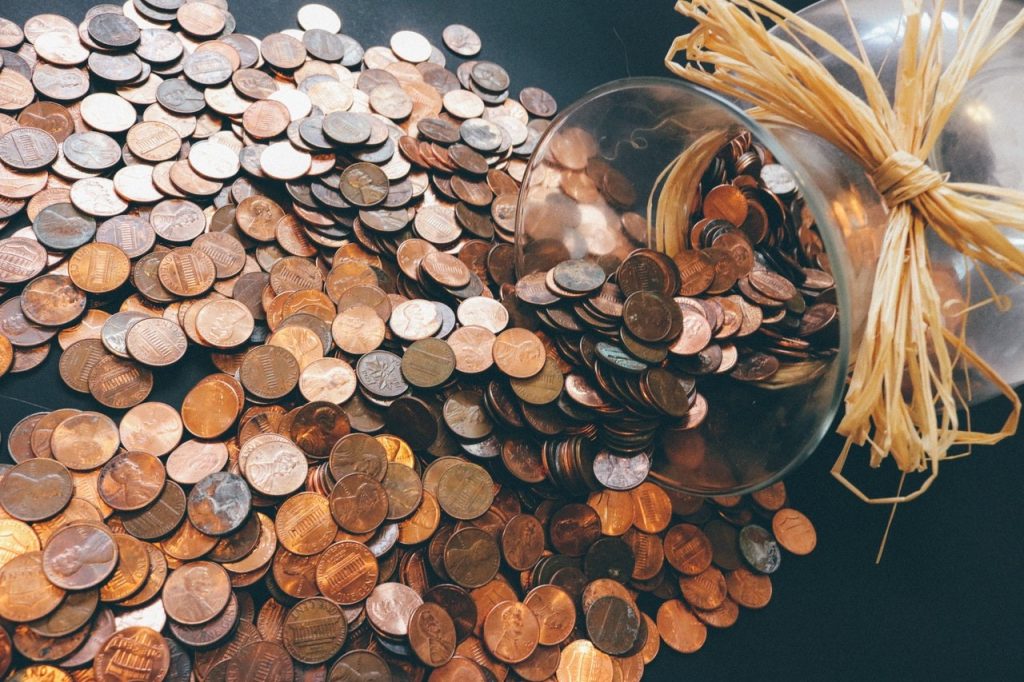A lot of people don’t understand how loans work. The concept is pretty simple. You need a lot of money upfront, and you can’t get it. Then, you go to the bank, sign some papers, and the cash flows in your account the next day.
In some cases, that can happen in a couple of hours or even instantly. After that, for a couple of months or years, the same institution, meaning the bank, will take a bit of your earnings until you pay back the initial amount, plus a little bit of interest.
Well, the part about interest can make or break your loan. Of course, you need the set amount of money, but what’s the deal with the extra? It’s always helpful to know the terms you agree on before you sign the dotted line. Here are some basic things that you need to know.
What is a loan, and how does it work?

A loan is essentially a promise that you will repay a lender that they’ve given you. Let’s say that you have a friend and you borrow a hundred bucks from them. To make them willing to give you the money, you’ll tell them that you’ll give them 105 dollars in a week because you really need a hundred bucks at the moment.
That’s an oversimplification of the process, but that’s the mechanism it’s based on. The bank is an authority that everyone trusts, and you can suffer a lot of consequences if you don’t commit to your end of the deal. They’re connected to the government too, and they can legally take away your car or your home.
The main incentive for them to give you money is the interest they’re going to receive in the future. Everything is explained with legal jargon in the main documents, and you can’t go through them without an advisor or a lawyer. That’s why it makes sense to take the papers home, read a bit online, ask about specifics that you don’t understand, and then give back the documents.
On the same topic, there are two main types of loans. There are secured ones and unsecured ones. The first category is the ones that everyone’s familiar with. You get a hefty sum of money into your bank account, but if you fail to pay it back, the bank is going to take your home.
These are easier for the bank to give out since they have security that they can claim if you don’t commit to your end of the deal. On the other hand, there’s a type of unsecured loans that don’t have anything to back them up.
This makes them much more dangerous to give out, and they put the institutions at greater risk. These are the main factors that influence interest rates. Secured loans have lav rente and unsecured ones have higher rates. That’s a balance to keep the game evened out, which has been backed by years of economic research.
What are other things that influence your interest rate?

The second most important thing that influences the rates is your credit score. Lenders and financial institutions always perform a background check to see how you can handle money. That’s why being fiscally responsible is one of the prerequisites for a good life. It might surprise you to find out that you can check your standings too.
You can go to a lender and ask for a free report once a year, and they’re going to tell you all the terms that they’ll judge you on. If your score is high, then the interest rates are going to be lower. That’s mainly because you have a history of paying back everything on time.
If you pay your utility bills when they arrive, and if you have a history of repaying loans, that makes you an ideal candidate. Plus, you might get a larger budget than you thought. On the other hand, if you’re someone who’s always late with their payments, it would be much better to work on your habits before you apply. There are numerous ways to build up your score, and they’re going to take you a couple of months.
Is there a formula to calculate interest?
There are a couple of formulas that lenders use to calculate their own profits, and that depends on the type of loan that you need. The simplest one is the easiest to explain. Let’s say that a family member gives you a thousand bucks. Next year, you repay them 1050 bucks.
That’s a fixed loan with a 5 percent interest rate. Compound rates are something that you should avoid as much as possible. This version increases the money owned with each iteration. Let’s look at the same example with a family member.
If you don’t repay 1050 the following year, then the cost is going to increase to 1100. It takes into consideration the principle, as well as the interest rate. For that reason, if you’re in debt, you should try to repay credit cards first. They are the main culprits for having a bad credit score.
Not repaying compound interest is like looking at your money burn in a fire. Finally, there are also variable rates. These are not recommended since they fluctuate with the market. If the economy is going well, you’ll need to pay less money.
If the economy is doing bad, you’ll need to pay more. Since you don’t know what the future is going to look like, it’s best to stick to something fixed and predictable. That will make it much easier to plan beforehand.



 Bitcoin
Bitcoin  Ethereum
Ethereum  Tether
Tether  XRP
XRP  USDC
USDC  Solana
Solana  Cardano
Cardano  TRON
TRON  Lido Staked Ether
Lido Staked Ether  Toncoin
Toncoin  Avalanche
Avalanche